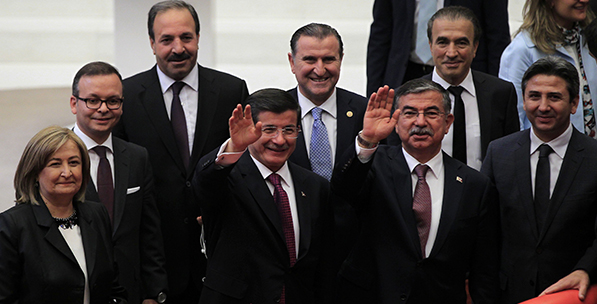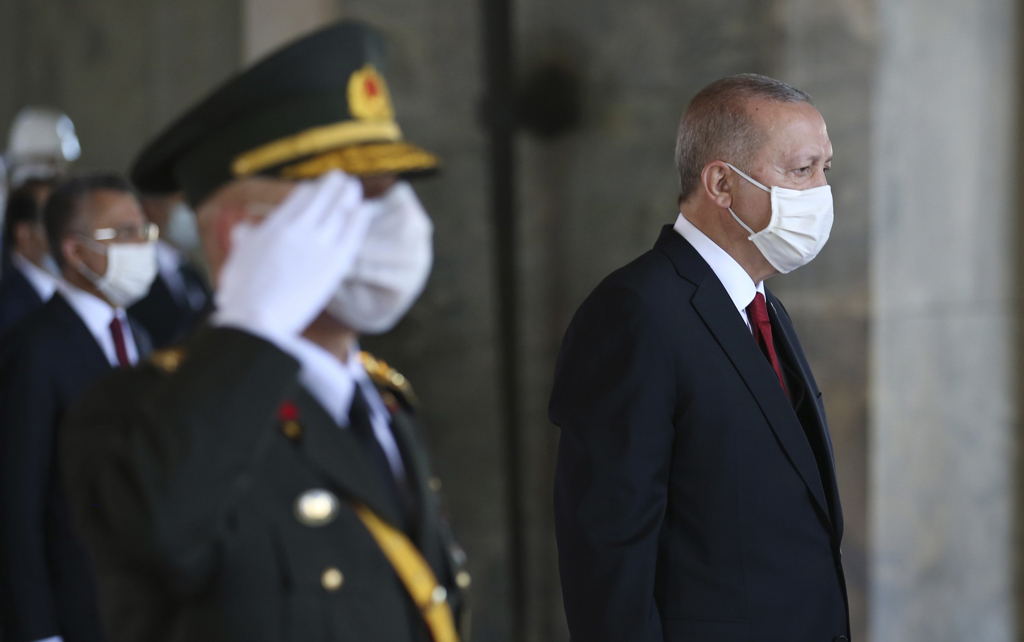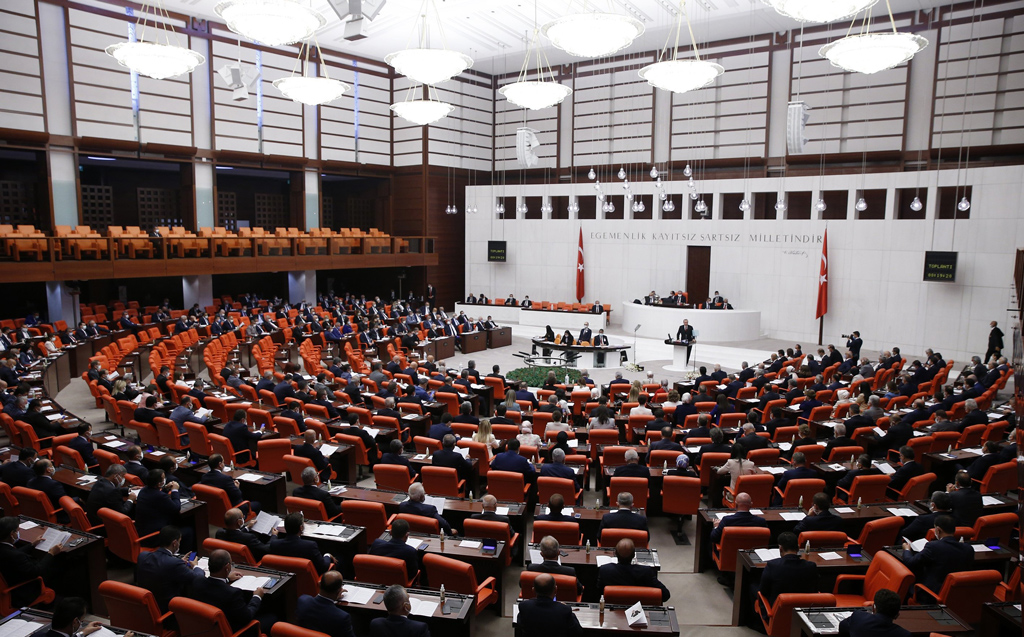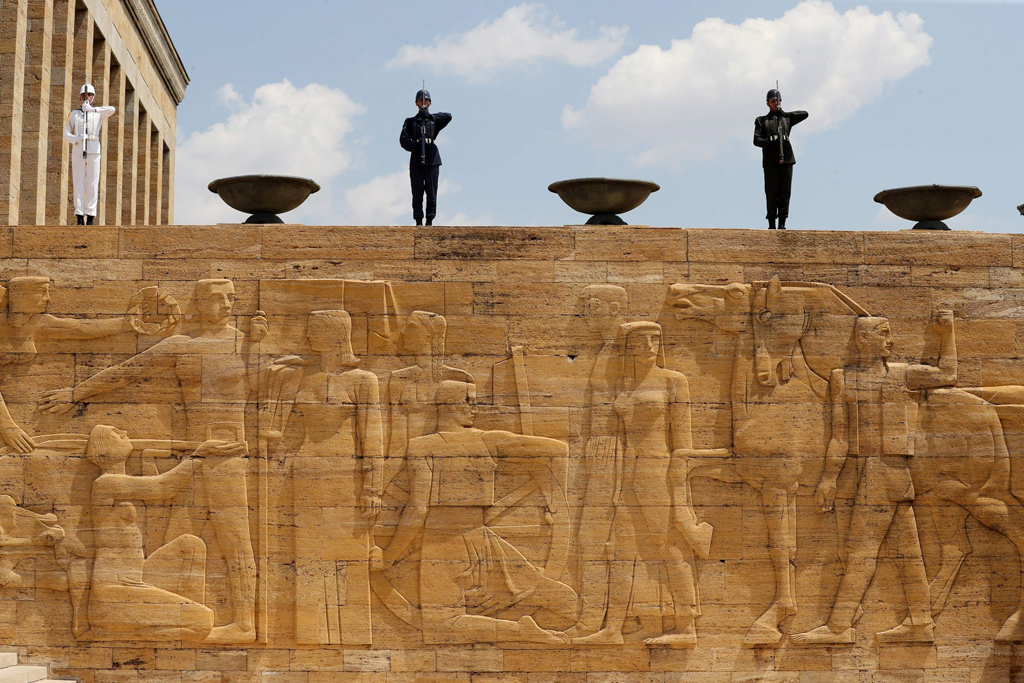I think the most magical term in modern Turkish politics is change. All political thought currents, parties and actors have drawn attention to the need for change after the 19th century and have brought socio-political programs of change to the people. The main reason for this is that the present socio-political order does not work and there is a belief in the need to establish a new system. In this framework, the 19th century Ottoman political order was changed through many reforms and myriad thought currents and political movements came to the fore. Reforms in the military, economic, political, governmental and cultural arenas came up as an extension of the macro program historians of modern Turkey have labeled Westernization.
This reform period ended with the establishment of the Republic in 1923, and this time the holistic reconstruction of the political arena came to the fore. This effort of holistic reconstruction did not lessen the importance of the concept of change and, instead, increased it.
However, the political cadre that established the Turkish Republic in 1923 had not found the change movement of the previous century realistic and thought that there was a need for a faster, radical and revolutionary reconstruction. This framework changed the governmental structure and attempted to create a new political order with new laws and regulations. As a matter of fact, many Jacobean practices were signed on within this frame.
However, what was important for the cadres that established the Republic, Mustafa Kemal Atatürk foremost among them, was not the reconstruction of just the political arena but the initiation of fast and effective change in the social arena. In truth, the fundamental objection of the political actors who established the Republic following the Westernization effort of the Ottomans was that they had been moving forward with an elitist understanding of modernization and that they had not been able to realize a revolutionary program of change that was directed toward the entire population. For the establishment elite of the Republic, change meant, above all else, social change. The idea was that political change had already been accomplished with the establishment of the Republic and was represented in the beings of the political elites. For the Republic's establishment elite, political change was not a process, it was a successfully accomplished goal, a static reality.
According to this understanding, the need of a new period whose aim of political change has been accomplished is social change. For the establishment elites of the Republic, this social change is not a natural process, but rather a mechanic project that had to be conducted in a top-down manner with repressive methods and procedures. According to them, politics and the state both had to serve the Kemalist program of social change with all of their tools.
This understanding maintained its hegemony until the transition to the multi-party system in the 1950s, and was criticized moving forward from this date. After 1950, opposition views to the Kemalist program of change began to appear in Turkish politics and these views found strong support within society. These views were represented more by right-wing parties in Turkish politics.
Despite these right-wing parties not finding the Republican period's monotype line of change correct, they also put social change ahead of political change and used politics as a tool to create social change like the Republic's establishment elite. No matter Turgut Özal's search for carrying political change to the center of politics, these searches never had a material reflection appear.
After 2000, the concept of change maintained its central position in Turkish politics. However, this time around the concept of change had gained new meaning, and for the first time in modern Turkish politics political change was regarded as being a more important need compared to social change. The Justice and Development Party (AK Party) entered Turkish politi









